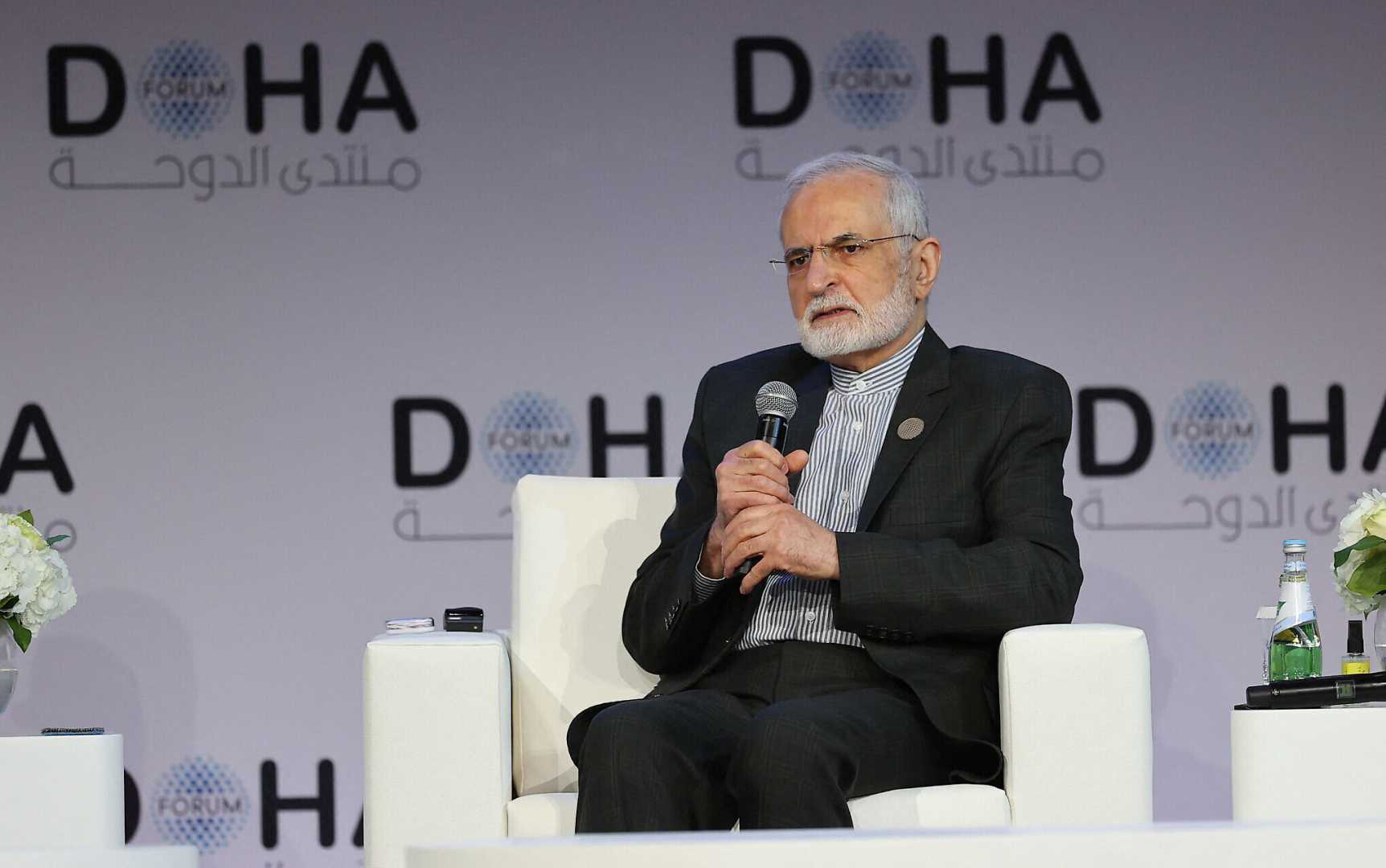News
Iran Signals Potential Change in Nuclear Doctrine Amid Tensions with Israel

Iran has signaled a possible change in its nuclear doctrine, with a senior adviser to Supreme Leader Ayatollah Ali Khamenei stating that the country has the capability to produce nuclear weapons. Kamal Kharrazi, an adviser to Khamenei, made this admission in an interview with the Lebanese broadcaster Al Mayadeen, indicating that Iran could modify its nuclear doctrine if faced with an existential threat.
Kharrazi mentioned that the only current barrier to Iran developing nuclear weapons is Khamenei’s fatwa issued in 2003, which prohibits the production of nuclear arms. However, he suggested that this doctrine could be revised if Iran perceives a significant threat to its existence.
This statement comes amid heightened tensions between Iran and Israel. Recent airstrikes by Israel targeted Iranian air defenses and missile production facilities, but did not target Iran’s nuclear program, reportedly due to U.S. pressure to avoid such actions.
Iran has also hinted at increasing the range of its ballistic missiles, citing a lack of consideration for its territorial integrity by Western countries. Kharrazi noted that Iran has historically considered Western sensitivities, particularly those of the Europeans, but may no longer do so if its own concerns are disregarded.
The U.S. has expressed significant concern over Iran’s nuclear activities. A State Department spokesperson reiterated that the U.S. is committed to preventing Iran from obtaining a nuclear weapon and is prepared to use all elements of national power to ensure this outcome.
CIA Director William Burns has stated that while there is no evidence that Iran’s leadership has decided to develop nuclear weapons, the country could quickly secure enough fissile material for an atomic bomb if it chose to do so. The U.S. intelligence community remains vigilant and confident in its ability to detect any weaponization efforts early on.












